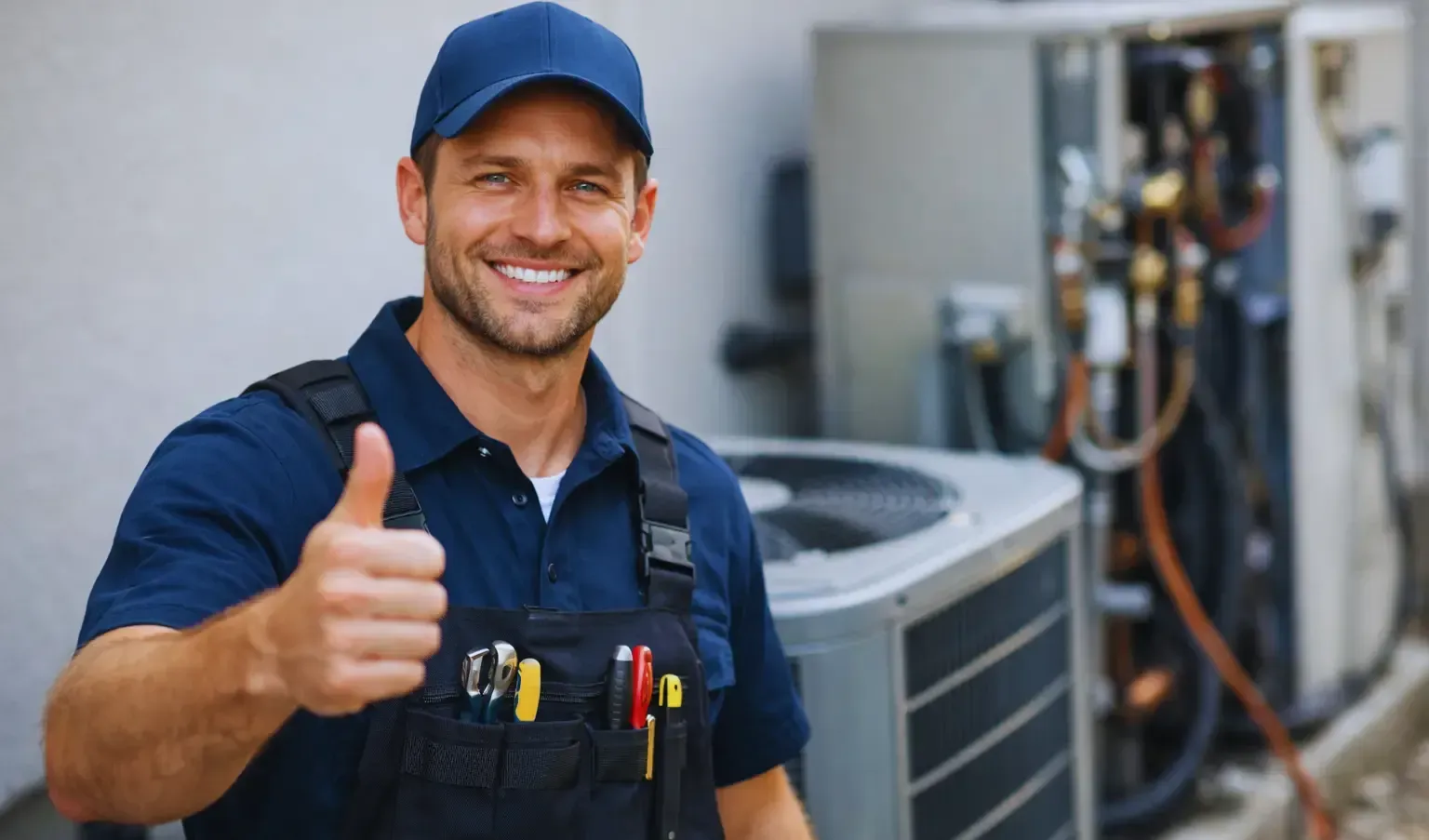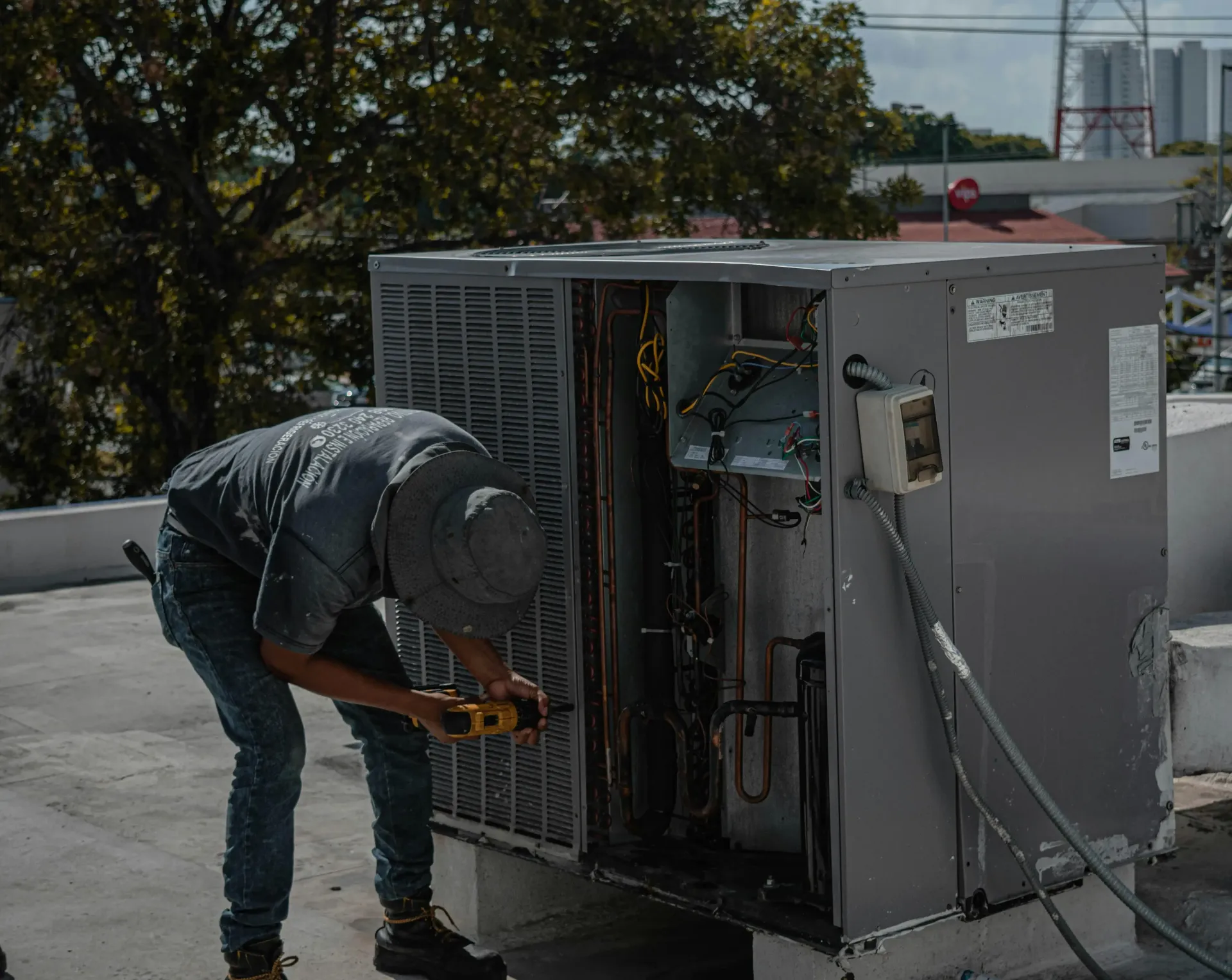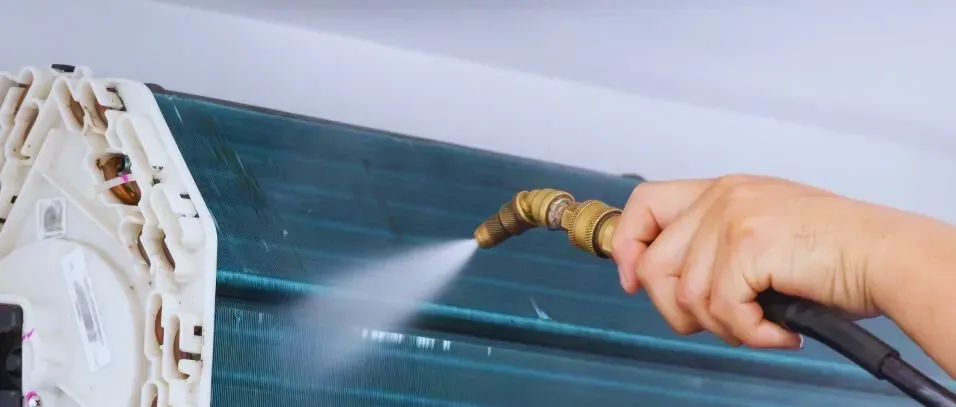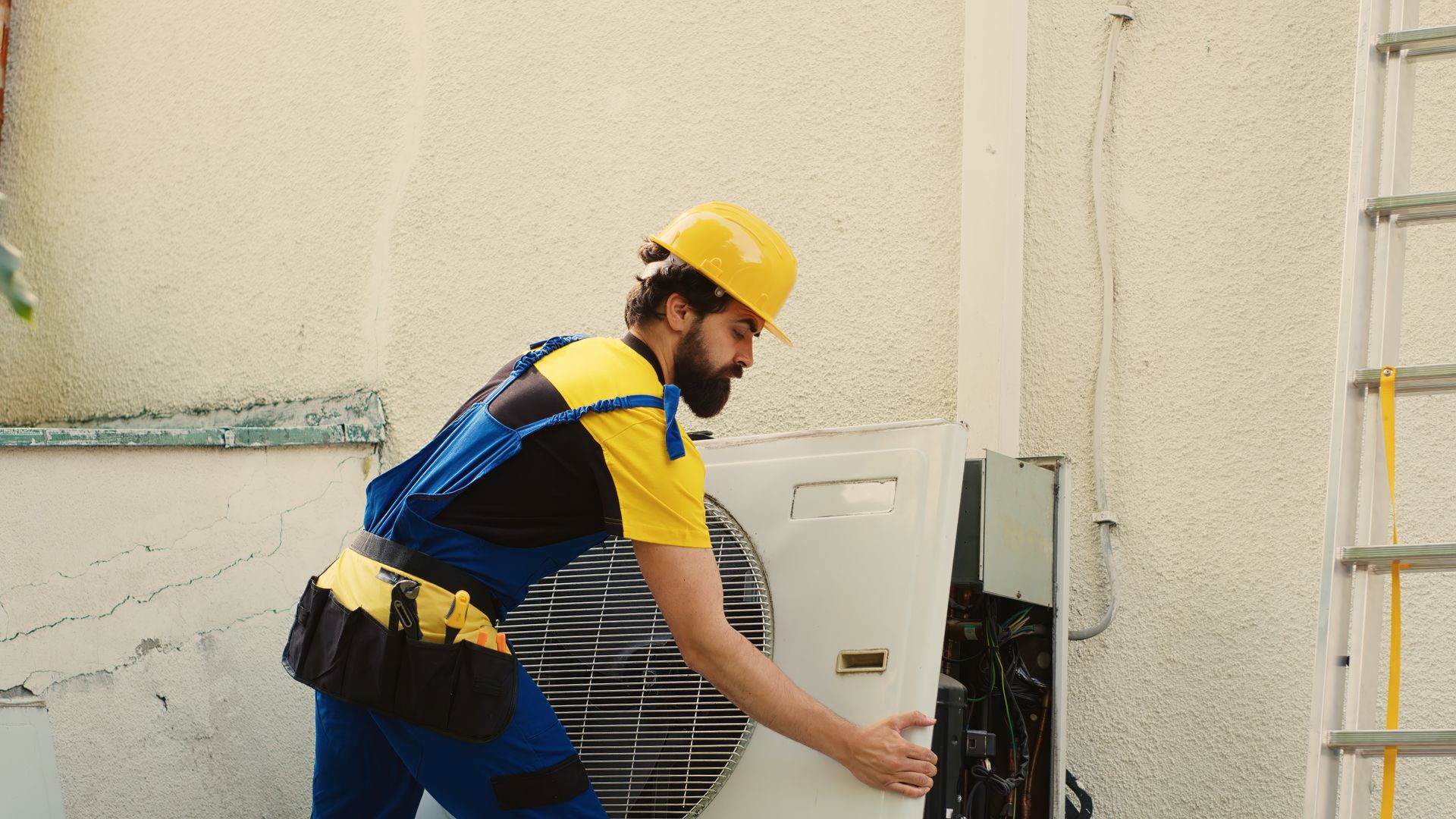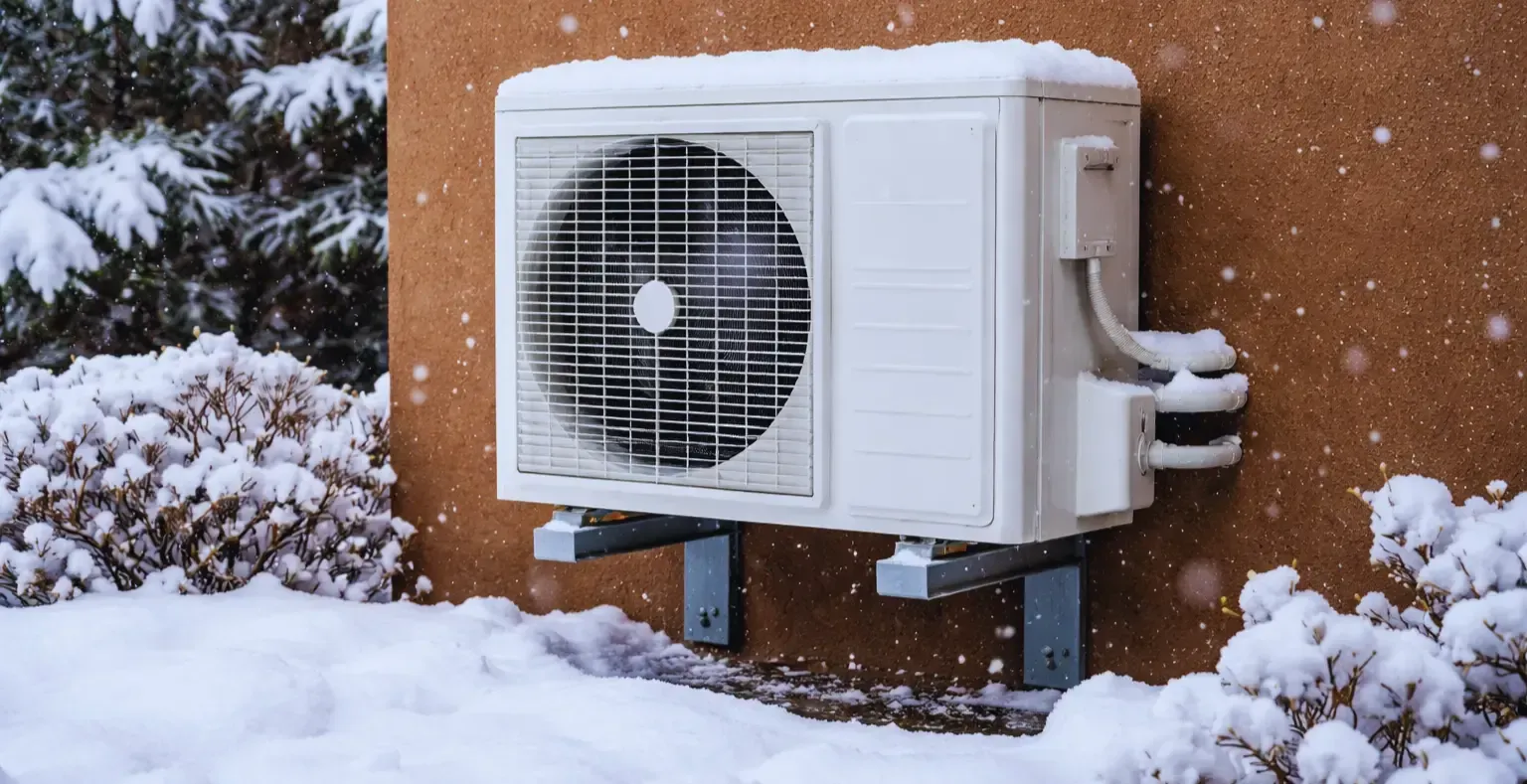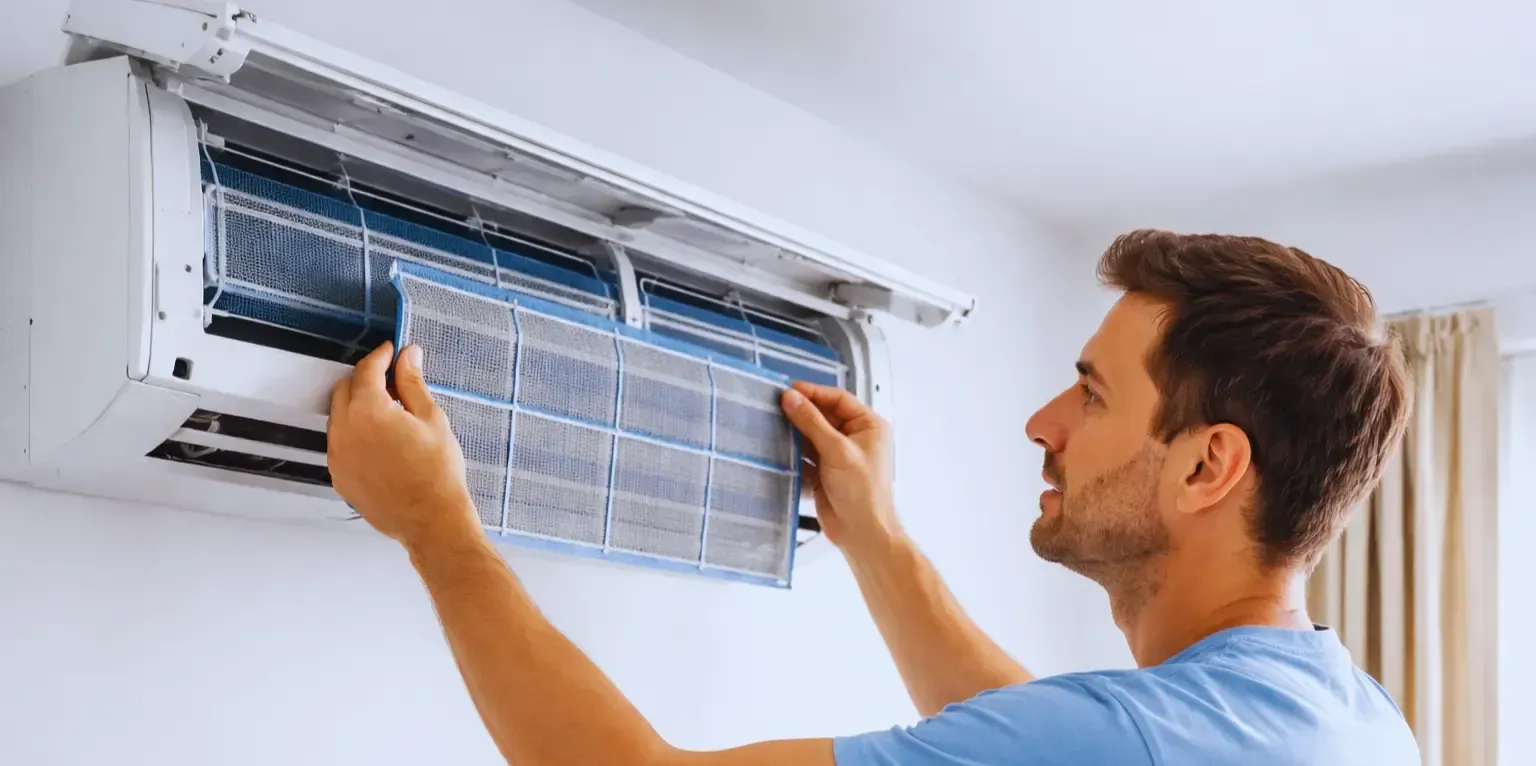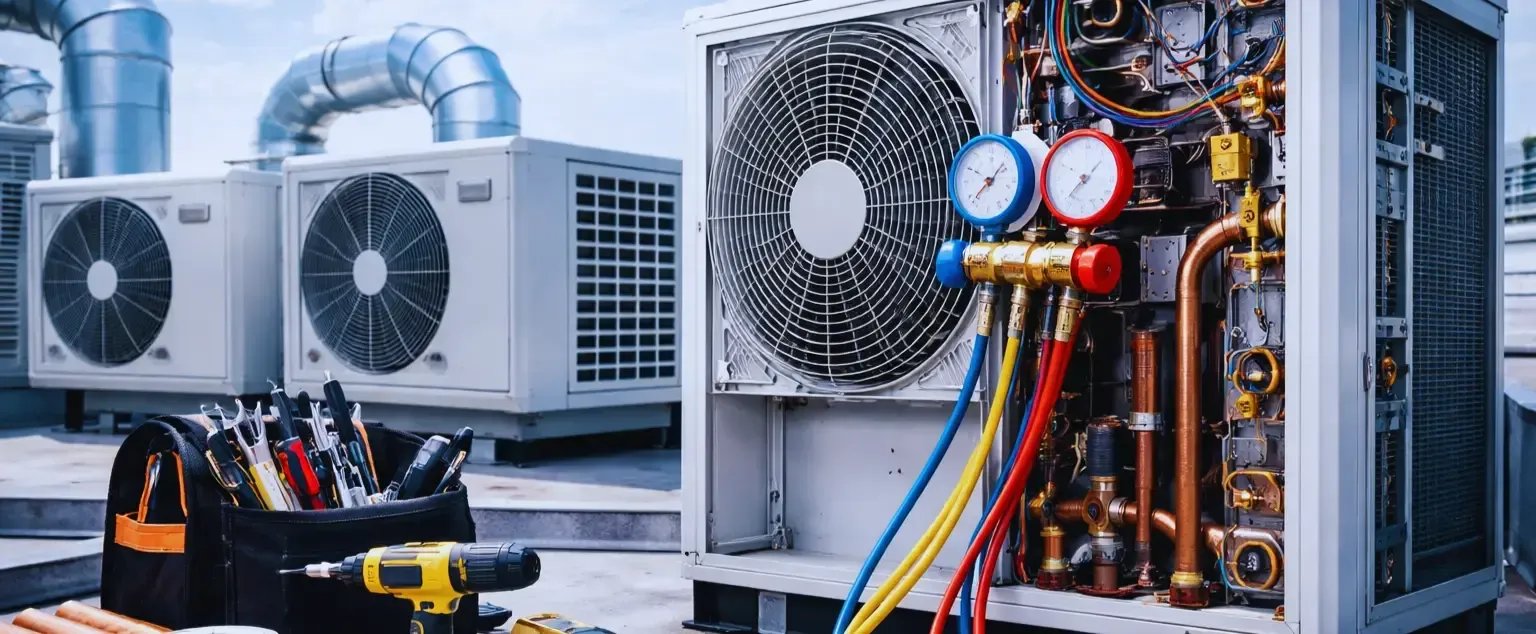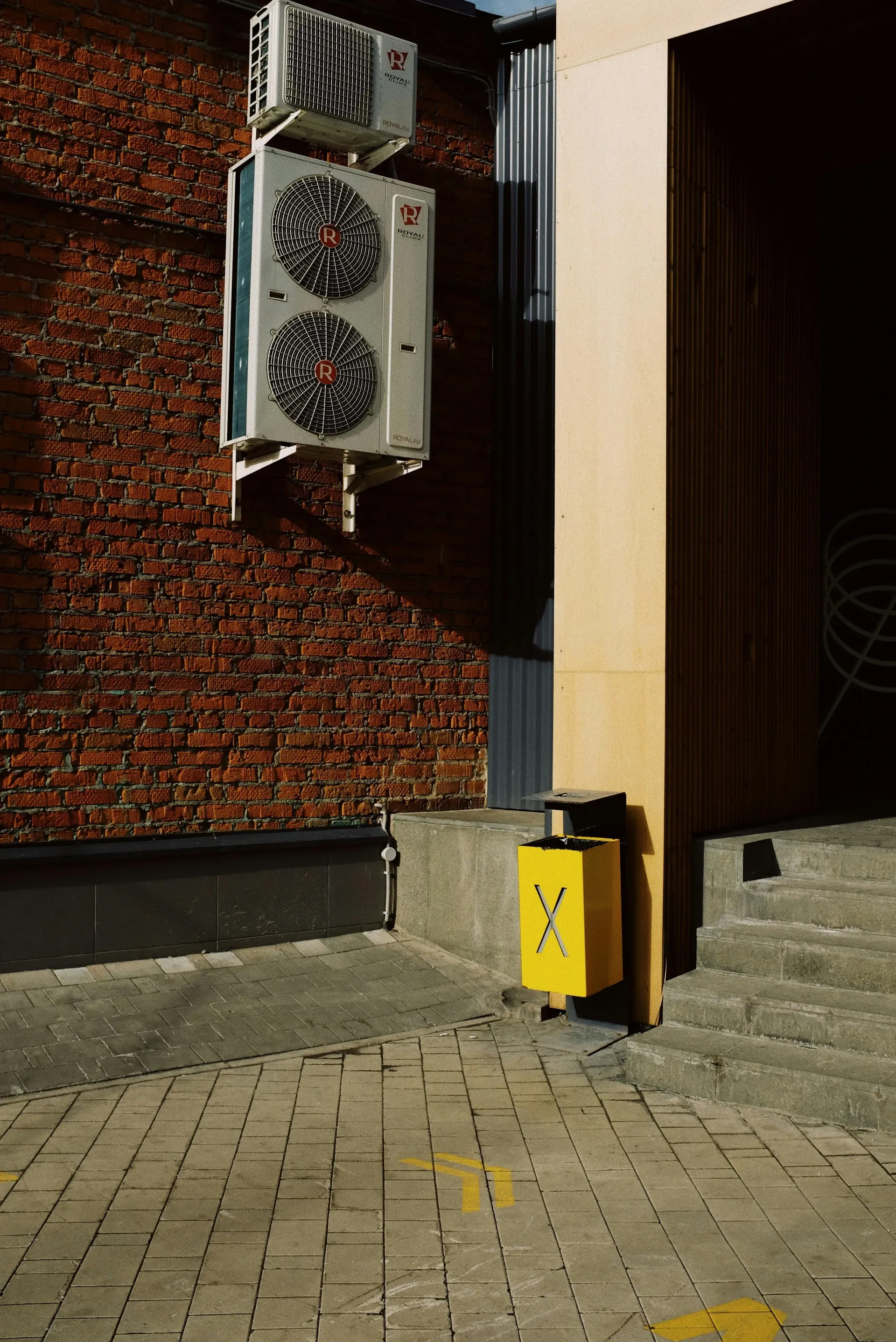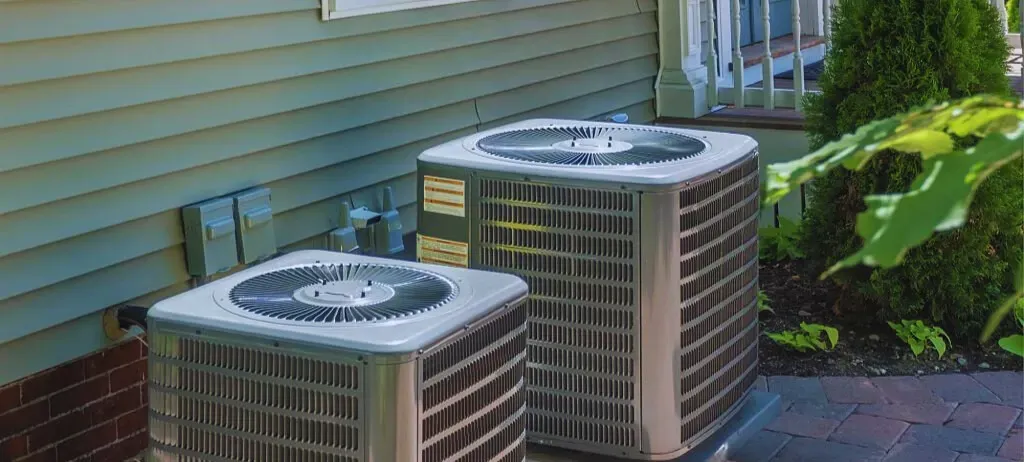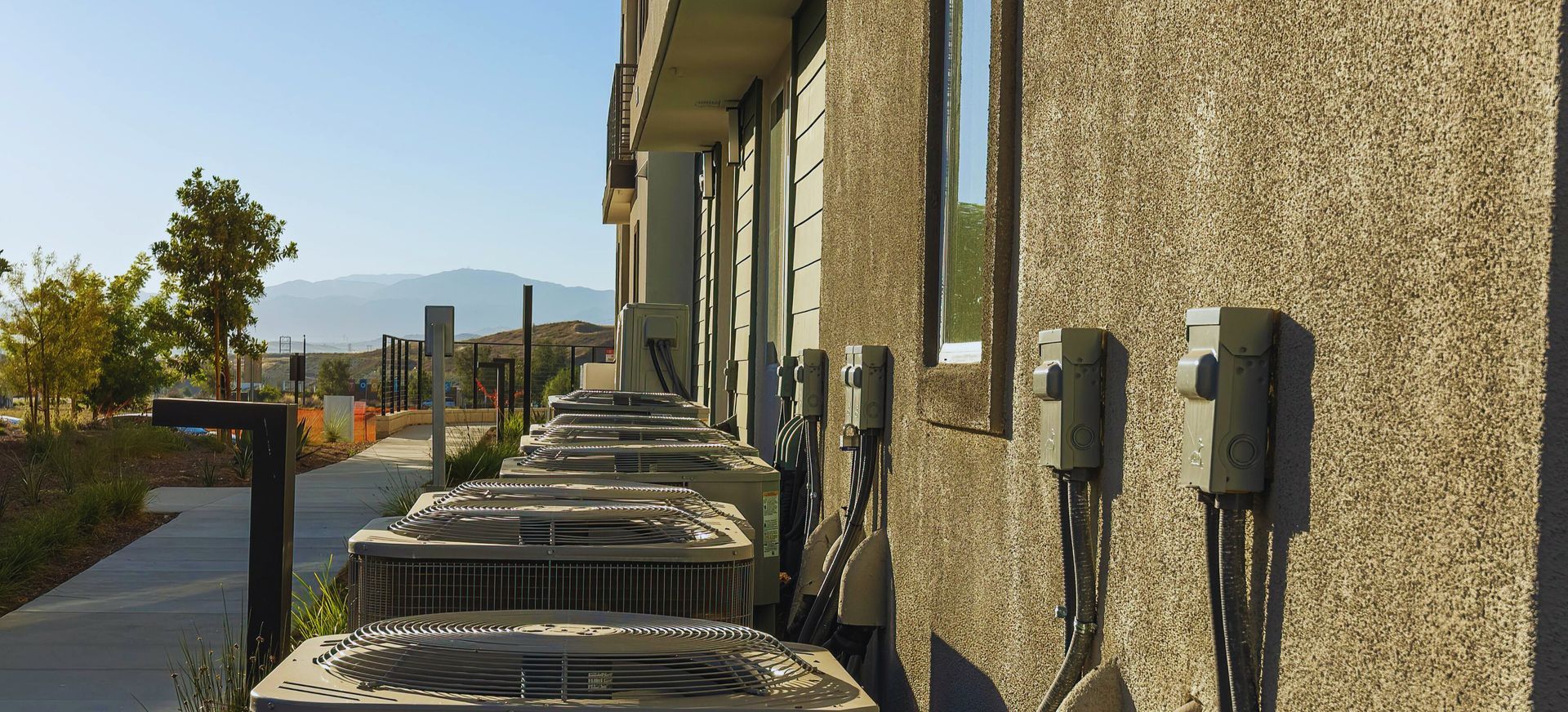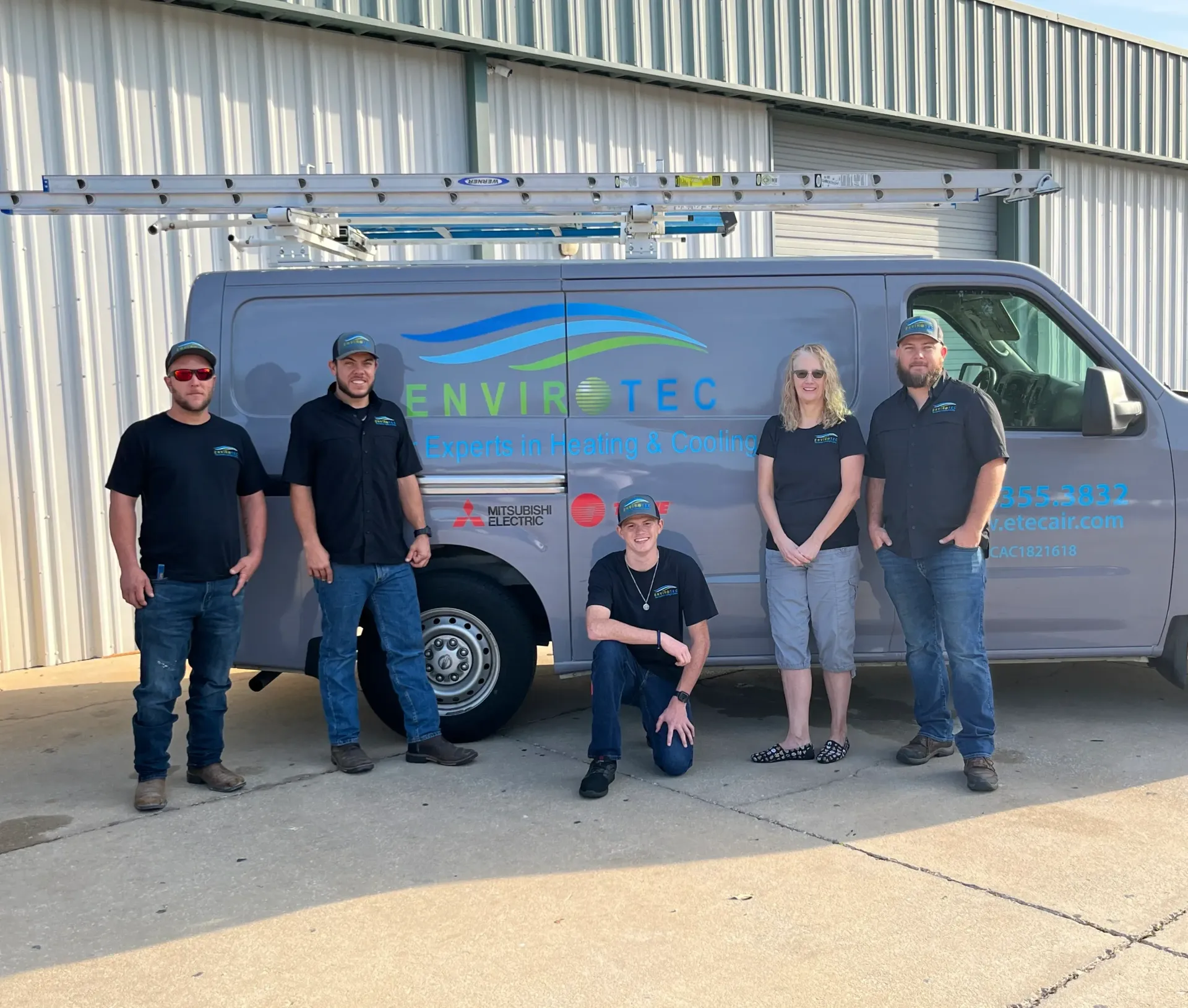Reasons Why Your House Is Not Cooling
Few things are more frustrating than cranking up your air conditioner only to find your home still feels warm and stuffy. A cooling system that fails to perform can lead to discomfort, sleepless nights, and even higher energy bills. Understanding the reasons why your house is not cooling is the first step to fixing the problem. From HVAC malfunctions to insulation issues, we’ll break down the most common causes and more importantly how you can resolve them.
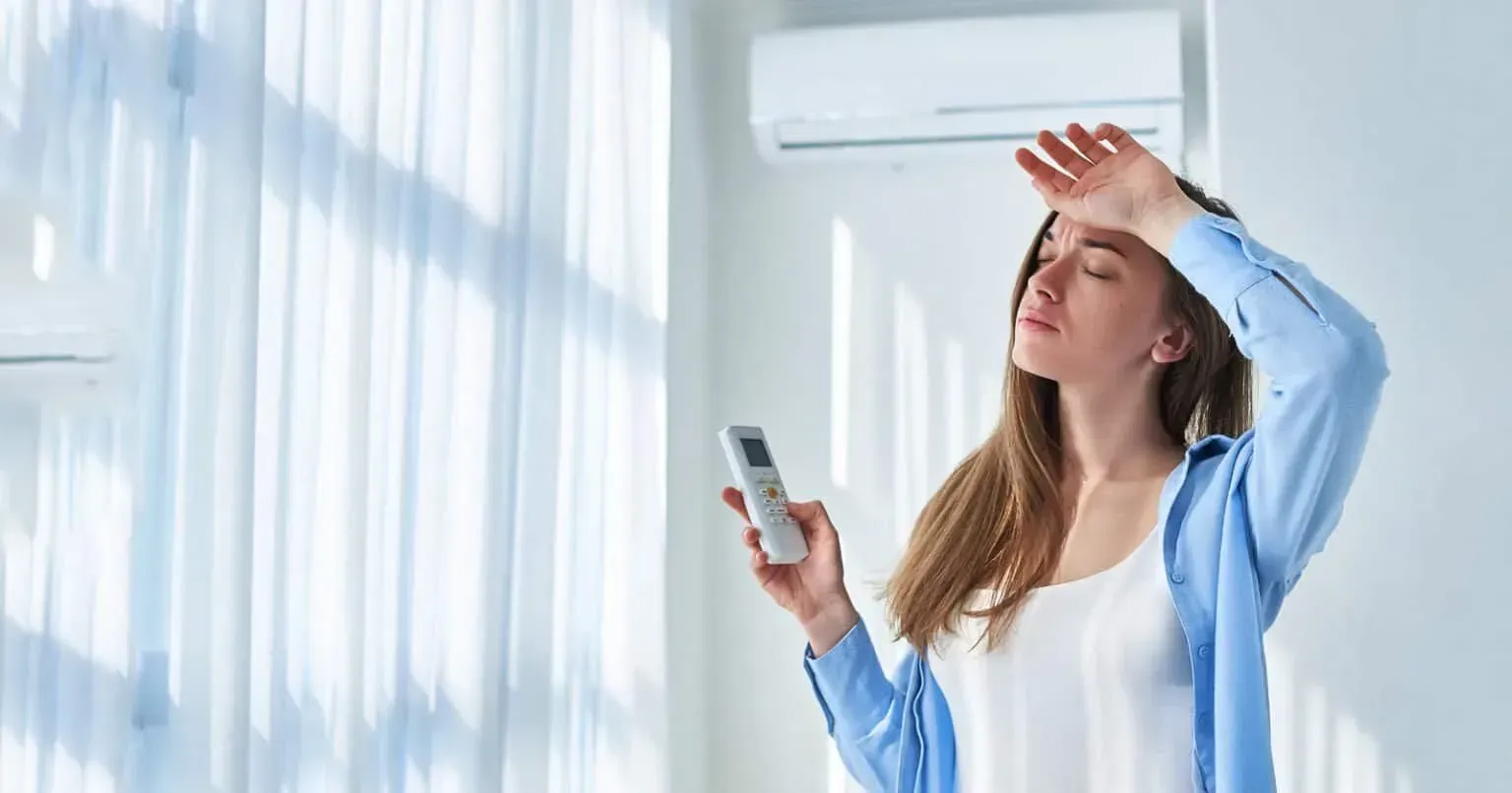
Understanding Why Your House Is Not Cooling
Your AC system works by circulating refrigerant, absorbing indoor heat, and releasing it outside. If any part of this process is disrupted — whether due to mechanical failure, poor airflow, or environmental factors — your home won’t cool effectively. Sometimes, the issue is as simple as a dirty air filter. Other times, you might be dealing with a deeper problem that requires a professional HVAC service.
Common HVAC Problems That Affect Cooling
Dirty or Clogged Air Filters
Air filters trap dust, pollen, and debris, but when they get clogged, they restrict airflow. Reduced airflow means your AC must work harder, which leads to less cooling power and potential overheating of components.
Solution: Replace or clean filters every 1–3 months during peak usage.
Low Refrigerant Levels
Refrigerant is the lifeblood of your AC. If levels drop due to leaks or improper charging, your system can’t absorb and release heat efficiently.
Solution: Have a certified technician inspect for leaks and recharge the refrigerant.
Faulty Thermostat Settings or Malfunctions
Sometimes, the thermostat is the culprit. Incorrect settings, miscalibration, or dead batteries can prevent your AC from turning on or cooling properly.
Solution: Check thermostat mode (cooling, not heating), replace batteries, and recalibrate if necessary.
Blocked or Leaking Ductwork
Cool air travels through ducts to reach your rooms. If ducts are clogged or leaking, cooled air escapes before it reaches you.
Solution: Schedule duct inspection and sealing to prevent energy loss.
Poor Insulation and Air Leaks
Gaps Around Windows and Doors
If cold air is escaping and hot air is seeping in through gaps, your AC will struggle to maintain a comfortable temperature.
Solution: Seal gaps with weatherstripping or caulk.
Attic Insulation Problems
A poorly insulated attic allows heat from the roof to radiate into your home, increasing your AC’s workload.
Solution: Add or upgrade insulation to R-38 or higher in hot climates.
Blocked Airflow Around the Outdoor Unit
Your outdoor condenser unit needs proper airflow to release heat. Debris, plants, or fencing too close to the unit can trap heat.
Solution: Keep at least 2–3 feet of clearance around the unit and remove obstructions.
Improper AC Unit Size for Your Home
A system that’s too small will run constantly but never meet demand. Conversely, an oversized system cools too quickly and shuts off before dehumidifying the air.
Solution: Have a load calculation done before replacing or upgrading your AC.
Old or Inefficient Air Conditioning System
AC units lose efficiency over time, especially after 10–15 years. Worn parts and outdated technology mean higher bills and less cooling.
Solution: Consider upgrading to an ENERGY STAR® certified system.
Electrical Problems Impacting Cooling Performance
Faulty wiring, blown fuses, or tripped breakers can interrupt your AC’s power supply.
Solution: Call a qualified electrician or HVAC technician to inspect the electrical components.
Humidity Issues That Make Cooling Less Effective
High indoor humidity can make a room feel warmer than it is. This often happens if your AC is undersized, running inefficiently, or not removing enough moisture.
Solution: Use a dehumidifier or ensure your AC is functioning properly.
Heat Sources Inside the Home
Excessive Use of Appliances
Ovens, dryers, and even TVs can add unwanted heat to your home.
Solution: Limit appliance use during the hottest parts of the day.
Direct Sunlight Through Windows
Uncovered windows let in a lot of heat during the day.
Solution: Use curtains, blinds, or reflective window film to reduce solar gain.
How Weather Conditions Affect Cooling
Extreme outdoor temperatures can reduce AC efficiency, especially if your system is already struggling with maintenance issues.
When to Call a Professional HVAC Service
If you’ve tried DIY solutions and the house is still not cooling, it’s time for expert help. You can contact an HVAC service to diagnose the issue quickly and prevent further damage.
DIY Troubleshooting Before Calling an Expert
- Check the thermostat and power supply
- Inspect and replace filters
- Ensure vents are open and unobstructed
- Remove debris from the outdoor unit
Preventative Maintenance Tips to Keep Your Home Cool
- Schedule annual HVAC tune-ups
- Replace filters regularly
- Inspect insulation yearly
- Clean condenser coils
- Monitor refrigerant levels
Reasons Why Your House Is Not Cooling
The main reasons include:
- Clogged filters
- Low refrigerant
- Duct leaks
- Poor insulation
- Blocked condenser
- Wrong-sized AC unit
- Aging system
- Electrical faults
- Excess heat sources
- High humidity
Addressing these promptly will restore comfort and efficiency.
Frequently Asked Questions
Why is my AC running but not cooling?
Likely due to low refrigerant, clogged filters, or duct issues.
How often should I replace my air filter?
Every 1–3 months during heavy use.
Can dirty coils affect cooling?
Yes. Dirt buildup prevents proper heat exchange, reducing efficiency.
Does closing vents help cool other rooms faster?
No. It can actually increase pressure and damage ducts.
Why is my upstairs hotter than downstairs?
Heat rises, and poor duct balancing can worsen the issue.
When should I replace my AC unit?
If it’s over 15 years old, frequently needs repairs, or is inefficient.
Conclusion
When your house isn’t cooling, the problem could be mechanical, environmental, or even user-related. From replacing filters to sealing ducts, there’s a range of solutions to explore before enduring another sweltering day. And if the fix is beyond your skill set, a trusted HVAC service can restore your comfort and peace of mind.
